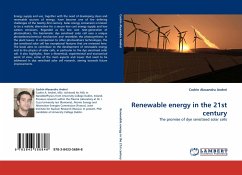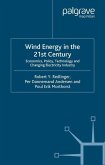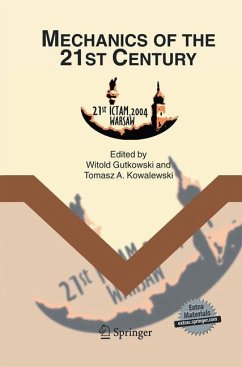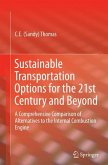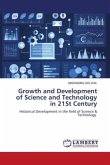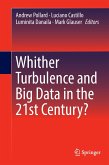Energy supply and use, together with the need of developing clean and renewable sources of energy, have become one of the defining challenges of the twenty-first century. Solar energy conversion is known to be a realistic alternative for a secure low cost energy supply and low carbon emissions. Regarded as the low cost next-generation of photovoltaics, the biomimetic dye sensitised solar cell uses a unique photoelectrochemical mechanism and resembles the photosynthesis in the plant leaves. In comparison to other photovoltaics technologies, the dye sensitised solar cell has exceptional features that are reviewed here. The book aims to contribute to the development of renewable energy and to the physics of solar cells, in particular to the dye sensitised solar cell. It also highlights, from a theoretical, experimental and economical point of view, some of the main aspects and issues that need to be addressed in dye sensitised solar cell research, aiming towards future improvements.
Bitte wählen Sie Ihr Anliegen aus.
Rechnungen
Retourenschein anfordern
Bestellstatus
Storno

